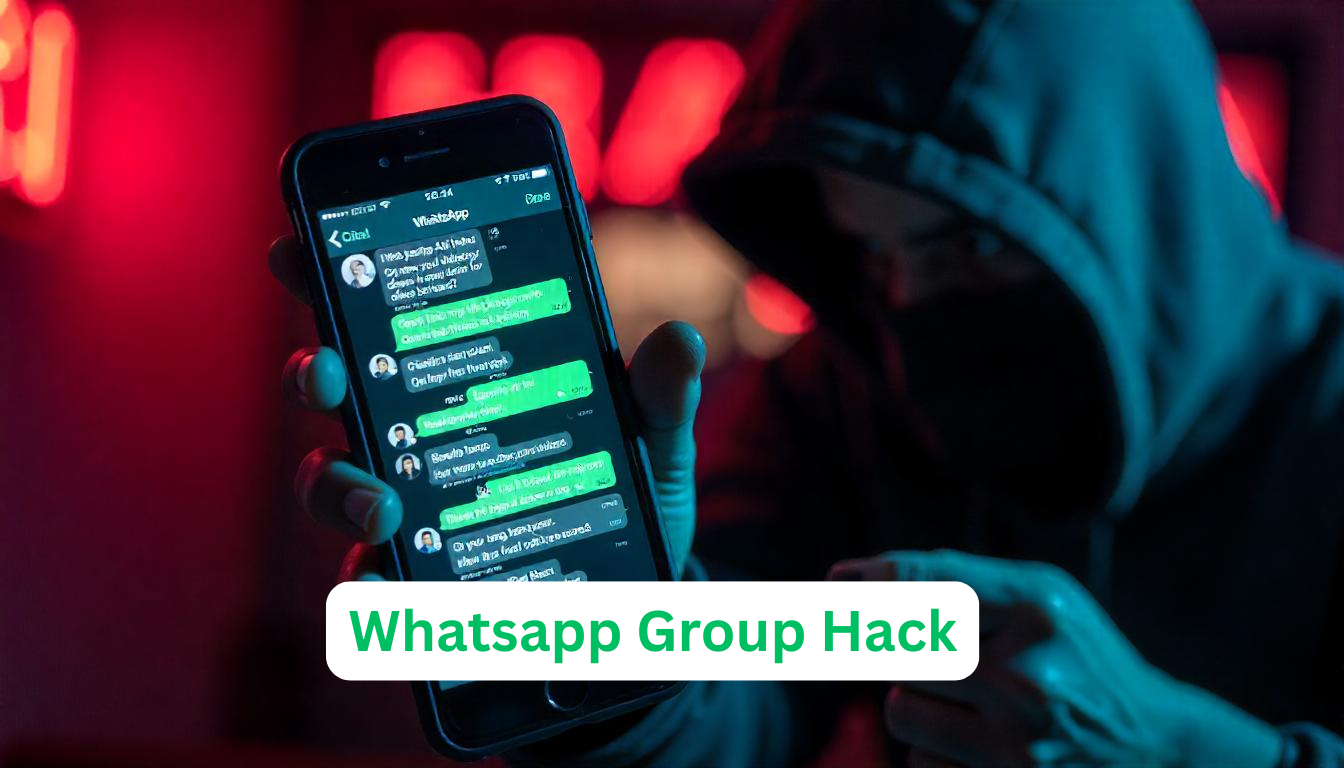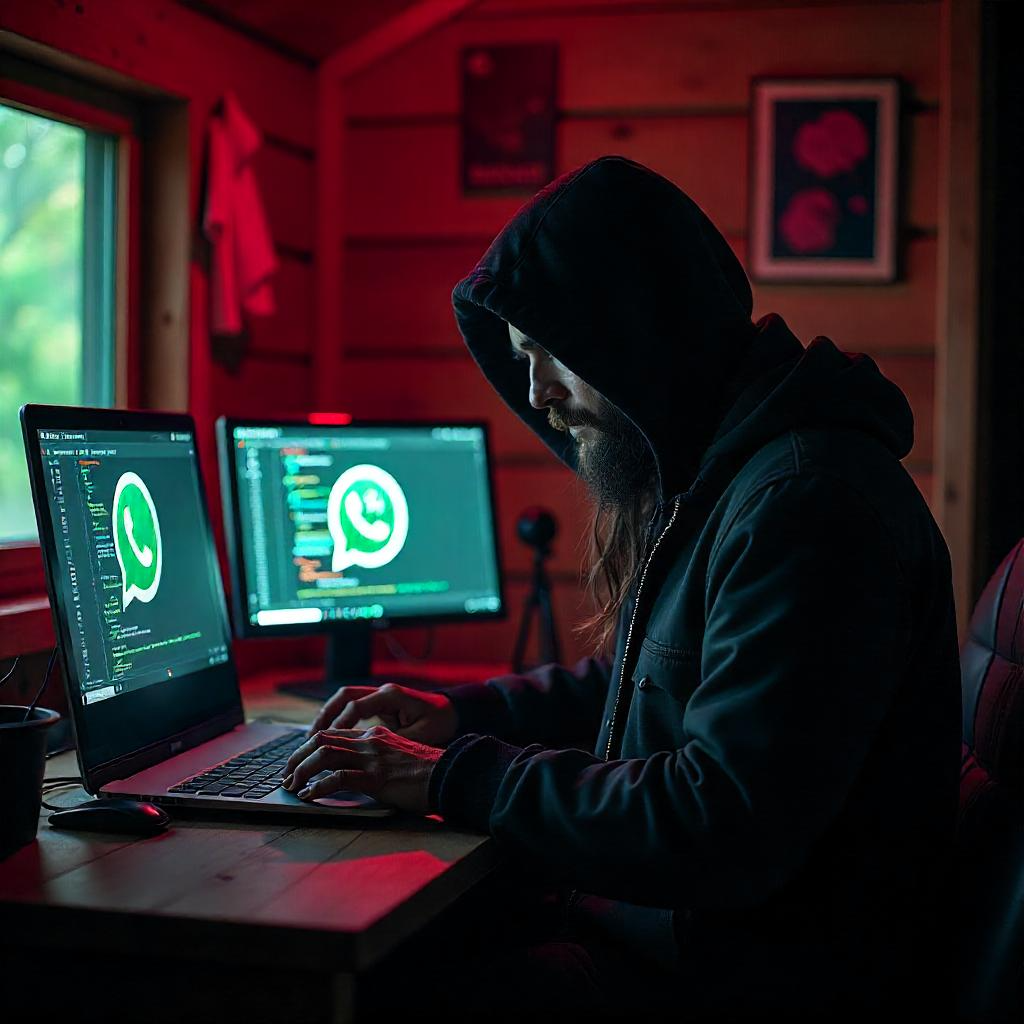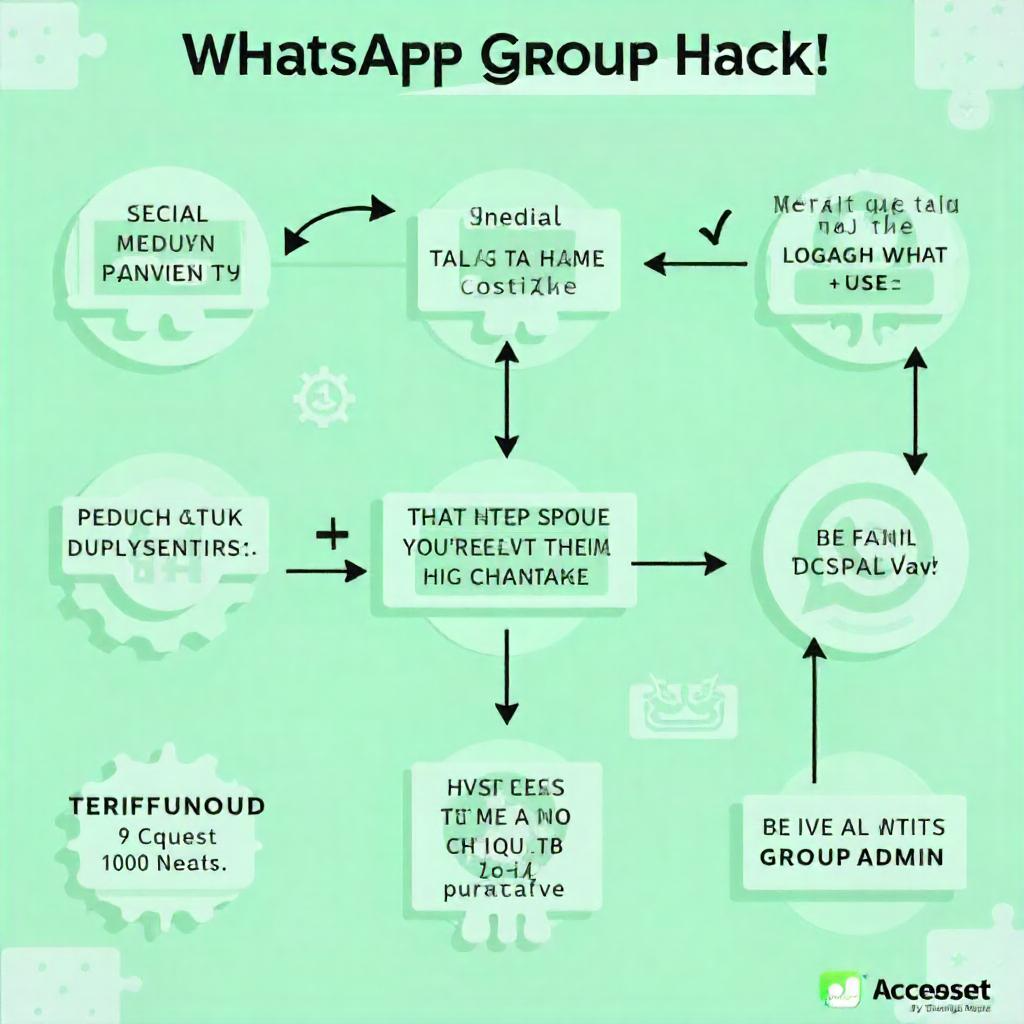WhatsApp Group Hack in India: How to Stay Safe and Secure in 2025

WhatsApp has become the digital backbone of communication in India, connecting families, friends, businesses, and communities. But as its popularity soars, so do the risks. From high-profile spyware attacks to everyday scams, the phrase “WhatsApp group hack” has become a growing concern for millions. If you’re part of any WhatsApp group, understanding these threats—and how to protect yourself—has never been more important.
The WhatsApp Group Hack: Separating Myth from Reality
Let’s start with a strong truth: while WhatsApp boasts robust end-to-end encryption, no platform is completely immune to cyber threats. The idea of a “WhatsApp group hack” often conjures images of hackers effortlessly breaking into private chats. In reality, most breaches involve sophisticated social engineering, server vulnerabilities, or user mistakes rather than direct technical exploits.

Recent Incidents: What’s Really Happening?
-
In 2025, WhatsApp hacking has become a significant cybersecurity threat, leading to financial losses and operational disruptions worldwide. Scams and hacks are predicted to cost users over $1.5 billion globally this year, with India being a major target due to its massive user base.
-
In the first half of 2024 alone, over 600 WhatsApp accounts were compromised in the UK, with similar trends seen in India. These incidents often stem from evolving scam tactics and user vulnerabilities, not just technical flaws.
How Do WhatsApp Group Hacks Happen?
Understanding how a WhatsApp group hack works is the first step to prevention. Here are the most common methods:
Social Engineering Attacks
Scammers often infiltrate WhatsApp groups by posing as genuine members. Once inside, they may:
-
Initiate audio or video calls to build trust.
-
Request a one-time passcode, claiming it’s needed for a group activity.
-
Use the code to register your WhatsApp account on their device, locking you out.
This isn’t a technical hack but a psychological trick—one that’s alarmingly effective.
Server Vulnerabilities
Research has shown that, in rare cases, attackers who gain control of WhatsApp’s servers (or have insider access) can theoretically add themselves to group chats without admin approval. While this type of WhatsApp group hack is extremely difficult and unlikely for the average user, it’s a real concern for high-profile targets such as journalists, politicians, and activists.
Spyware and Malware Attacks
High-profile cases like the Pegasus spyware attack have demonstrated that vulnerabilities in WhatsApp’s calling features can be exploited to install surveillance software on devices. In 2019, over 120 Indian users, including journalists and activists, were reportedly targeted. The spyware could access messages, calls, and even location data—turning the victim’s phone into a surveillance tool.
Real-Life Example: The WhatsApp Group Scam
Imagine you’re in a school alumni group. A new member, using a familiar name and photo, reaches out to you privately. They claim there’s an upcoming group video call and ask for a one-time code sent to your phone. Trusting them, you share the code. Within minutes, you’re locked out of your WhatsApp account. The scammer now impersonates you, asking your contacts for money or sensitive information.
This is a classic WhatsApp group hack—simple, effective, and devastating.
Why India Is a Prime Target
India’s massive WhatsApp user base makes it a lucrative target for cybercriminals. In 2024, authorities blocked over 17,000 WhatsApp accounts used by hackers from Southeast Asia, who were tricking Indians into giving away sensitive information. About 45% of cyber-financial frauds in India are linked to such international cybercrime networks.
How to Protect Yourself from a WhatsApp Group Hack
Staying safe doesn’t require technical expertise—just awareness and a few smart habits. Here’s what you can do:
Enable Two-Step Verification
Add an extra layer of security by enabling two-step verification. This makes it much harder for anyone to hijack your account, even if they get your verification code.
-
Go to Settings > Account > Two-step verification > Enable.
Be Wary of Unsolicited Requests
Never share your WhatsApp verification code with anyone, not even friends or group admins. WhatsApp will never ask for this code via chat or call.
Monitor Group Membership
Keep an eye on who joins your groups. If you notice unfamiliar names or suspicious behavior, alert the group admin and consider removing the member.
Update WhatsApp Regularly
Always use the latest version of WhatsApp. Updates often include security patches that protect against new vulnerabilities.
Educate Your Group Members
Share this information with your groups. The more people know about WhatsApp group hack tactics, the safer everyone will be.
What to Do If You’re Hacked
If you suspect your account has been compromised:
-
Immediately log out of all devices and re-register your number.
-
Contact WhatsApp support for assistance.
-
Inform your contacts and groups to ignore suspicious messages from your account.
The Role of Authorities and WhatsApp
The Indian government takes these threats seriously. After the Pegasus incident, officials announced plans to audit WhatsApp’s security systems and demanded more transparency from the company. In 2024, coordinated efforts between the Ministry of Home Affairs and the Department of Telecommunication led to the blocking of thousands of fraudulent accounts, disrupting cybercriminal networks targeting Indian users.
Common Myths About WhatsApp Group Hack
Let’s bust some myths:
-
Myth: Anyone can hack a WhatsApp group with a simple app.
-
Fact: Most successful hacks involve tricking users, not breaking encryption.
-
-
Myth: End-to-end encryption makes WhatsApp unhackable.
-
Fact: While encryption is strong, user behavior and server vulnerabilities can still be exploited.
-
-
Myth: Only celebrities or politicians are at risk.
-
Fact: Everyday users are often targeted for scams and financial fraud.
-
Key Takeaways: Stay One Step Ahead
Here’s a quick recap to help you remember how to avoid a WhatsApp group hack:

-
Never share your verification code.
-
Enable two-step verification.
-
Be cautious of new group members.
-
Update your app regularly.
-
Educate your friends and family.
Frequently Asked Questions
What is a WhatsApp group hack?
A WhatsApp group hack refers to unauthorized access or infiltration of a WhatsApp group, often through social engineering, phishing, or exploiting user mistakes. It can result in scammers gaining control of accounts or spreading malicious content within the group.
How do hackers usually gain access to WhatsApp groups?
Most hackers use social engineering tactics, such as impersonating group members or admins, tricking users into sharing their verification codes, or sending malicious links that compromise account security.
Can someone hack my WhatsApp group without my phone number?
No, hackers generally need your phone number to attempt a WhatsApp group hack. However, they might use publicly available information or contacts from other groups to target you.
What should I do if I suspect my WhatsApp group has been hacked?
If you notice unusual activity, unknown members, or suspicious messages, alert the group admin immediately, remove suspicious members, and encourage everyone to update their security settings.
How can I protect my WhatsApp group from hackers?
Enable two-step verification, never share your verification code, regularly update the app, and be cautious about adding unknown members to your group.
Is WhatsApp end-to-end encryption enough to prevent group hacks?
End-to-end encryption protects your messages from being read by outsiders, but it doesn’t prevent hacks caused by user error, social engineering, or compromised devices.
What are the signs that my WhatsApp account might be compromised?
Signs include being logged out unexpectedly, contacts reporting strange messages from your account, or seeing unknown devices linked to your WhatsApp.
Can group admins remove hackers from WhatsApp groups?
Yes, group admins have the authority to remove any member, including those suspected of hacking or suspicious activity. It’s important for admins to act quickly to protect the group.
Are there any legal actions I can take if my WhatsApp group is hacked?
If you’re a victim of a WhatsApp group hack, you can report the incident to local cybercrime authorities and WhatsApp support for further assistance.
How often should I update my WhatsApp app for security?
It’s best to enable automatic updates or check for updates regularly, as new versions often include important security patches that help prevent WhatsApp group hack attempts.
Conclusion:
WhatsApp is a powerful tool for connection, but it’s only as secure as its users make it. By understanding the real risks behind a WhatsApp group hack and taking simple precautions, you can protect yourself and your community. Don’t let scammers turn your favorite app into a source of stress.
Ready to take control of your digital safety? Share this post with your WhatsApp groups and help everyone stay one step ahead of the hackers. If you’ve experienced a WhatsApp group hack or have tips to share, drop a comment below—let’s build a safer digital India together!
